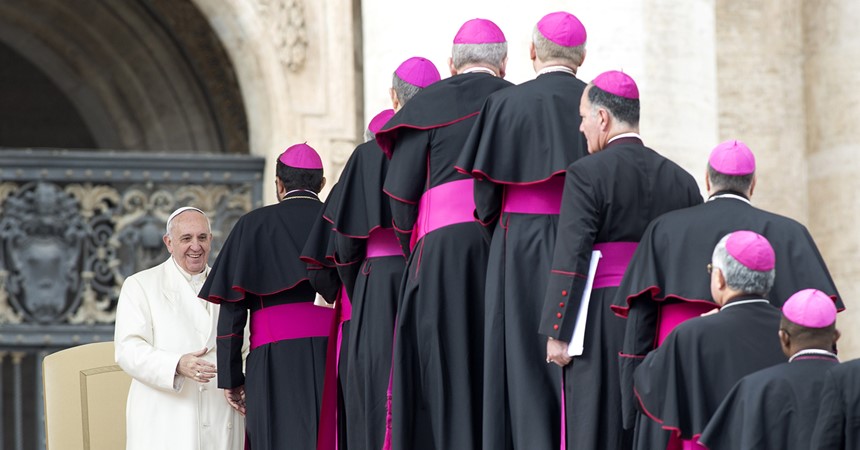Last month, Australia unveiled legislation designed to limit foreign interference in political activity.
The laws, which followed concerns about China’s efforts to meddle in Australian politics and universities, require anyone acting for a foreign power to reveal their status or face criminal charges.
But Catholic officials have said the laws are too broads and could prevent churchgoers’ advocacy and charity work.
“Catholics are followers of Jesus Christ – we are not agents of a foreign government,” said Bishop of Toowoomba, Robert McGuckin.
Some of the wide ranging implications would ban political donations and force lobbyists to disclose overseas links on a public register.
While the Australia Catholic Bishops Conference acknowledge the bill does not target Catholics specifically, it criticised the bill for having “extraordinary breadth”.
They fear if left as it is, the bill could potentially require every bishop, priest or lay person to register and report their activities - no mean feat given that, according to the 2016 census, there are more than 5.2 million people identifying as Catholic.
Australia’s Catholic bishops are not the only ones concerned with the proposed legislation.
The Law Council, Australian Lawyers for Human Rights and Universities Australia have also objected to the wording of the bill and said it could have a negative effect on free speech.
“The Catholic Church is not the only organisation with international links that is in danger of being captured – unintentionally or not – by this legislation,” Bishop McGuckin said.
“The church is a strong supporter of transparency when there is advocacy on behalf of a foreign government, but this legislation risks silencing our voice on behalf of the young and the old, the poor and the marginalised,” he added.
